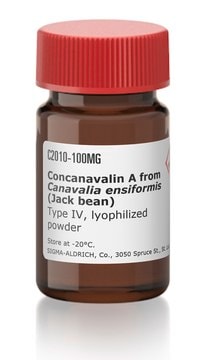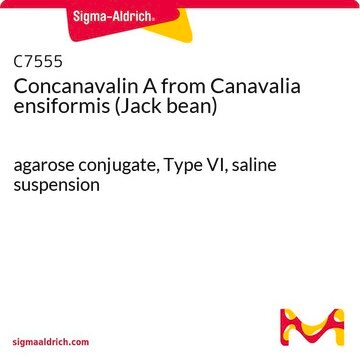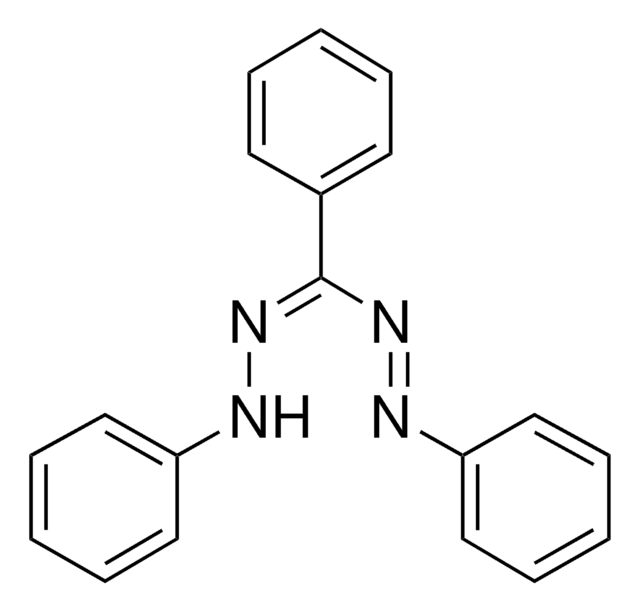I10406
Iodonitrotetrazolium chloride
95%
Synonym(s):
2-(4-Iodophenyl)-3-(4-nitrophenyl)-5-phenyl-2H-tetrazolium chloride, p-Iodonitrotetrazolium Violet, INT
About This Item
Recommended Products
Assay
95%
impurities
<5% methyl alcohol
mp
240 °C (dec.) (lit.)
storage temp.
2-8°C
SMILES string
[Cl-].[O-][N+](=O)c1ccc(cc1)-[n+]2nc(nn2-c3ccc(I)cc3)-c4ccccc4
InChI
1S/C19H13IN5O2.ClH/c20-15-6-8-16(9-7-15)23-21-19(14-4-2-1-3-5-14)22-24(23)17-10-12-18(13-11-17)25(26)27;/h1-13H;1H/q+1;/p-1
InChI key
JORABGDXCIBAFL-UHFFFAOYSA-M
Looking for similar products? Visit Product Comparison Guide
Application
Signal Word
Danger
Hazard Statements
Precautionary Statements
Hazard Classifications
Flam. Sol. 1 - STOT SE 2 - STOT SE 3
Target Organs
Eyes,Central nervous system, Respiratory system
Storage Class Code
4.1B - Flammable solid hazardous materials
WGK
WGK 3
Flash Point(F)
Not applicable
Flash Point(C)
Not applicable
Certificates of Analysis (COA)
Search for Certificates of Analysis (COA) by entering the products Lot/Batch Number. Lot and Batch Numbers can be found on a product’s label following the words ‘Lot’ or ‘Batch’.
Already Own This Product?
Find documentation for the products that you have recently purchased in the Document Library.
Customers Also Viewed
Our team of scientists has experience in all areas of research including Life Science, Material Science, Chemical Synthesis, Chromatography, Analytical and many others.
Contact Technical Service















